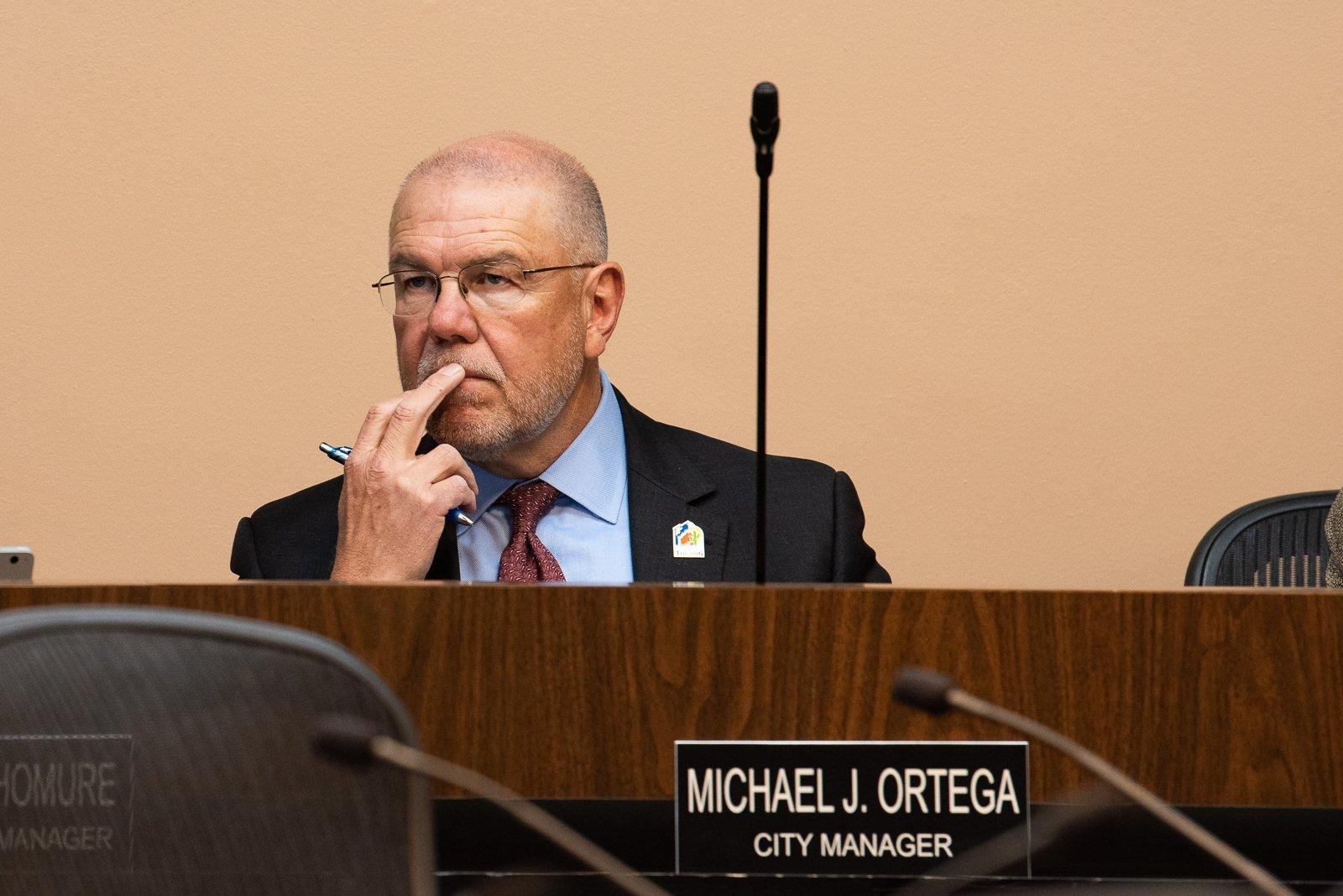Business
Ortega’s Era: Transforming Tucson from Struggle to Stability

This summer, City Manager Mike Ortega stepped down after a notable nine-year tenure that transformed Tucson’s municipal landscape. His resignation comes at a time when the city has largely stabilized its budget, notwithstanding external challenges like universal school vouchers and a flat tax proposal from the Legislature.
Under Ortega’s leadership, Tucson has launched various initiatives to tackle issues such as homelessness, soaring housing costs, and climate change. The local Police Department has also seen significant innovations. The City Council has demonstrated a newfound cohesion, working collaboratively towards measurable goals.
Ortega understood that the key to navigating Tucson’s bureaucratic challenges lay in effective leadership rather than disruptive actions. His approach emphasized fostering a productive environment among professional civil servants while avoiding micromanagement.
He was not alone in this endeavor. The City Council has evolved into a more functional body, with Regina Romero emerging as a strong mayoral presence reminiscent of past leaders like Lew Murphy. Ortega’s influence, however, was pivotal in this evolution.
Journalistic scrutiny is vital for accountability, but Ortega’s tenure reminds us that effective governance is also achievable. This realization is essential for maintaining a healthy democracy.
Ortega inherited a city plagued by stagnation and inefficiency, characterized by failed initiatives like the ill-fated Rio Nuevo project, which was mocked by residents. A decade-long cycle of city managers failing to unite the council further hampered progress, leaving Tucson in a leadership vacuum.
During his early days, Ortega remarked on the pervasive defeatism within the community, stating, “The community felt helpless in accomplishing big things.” He sought to instill a sense of purpose and coordination among local leaders.
Romero noted Ortega’s significant contributions during the COVID-19 pandemic, including the passage of Proposition 411, which secured a $750 million investment in local infrastructure, and establishing a 311 service to connect residents with social support.
Councilmember Paul Cunningham placed Ortega among esteemed public administrators, citing his understanding of complex financial landscapes and innovative problem-solving capabilities. Former Councilmember Steve Kozachik echoed this sentiment, noting how Ortega transformed the city manager’s office into a collaborative space rather than a distant authority.
From the onset, Ortega tackled pressing issues, such as a debilitating bus strike affecting Tucson’s transit system. With insight and determination, he negotiated solutions that led to a lasting resolution of the strike.
The city also faced challenges with its public safety pension fund, which threatened its financial stability. Ortega’s strategic refinancing of this debt significantly reduced annual costs, illustrating his ability to navigate financial complexities effectively.
Despite being initially perceived as lacking a bold vision, Ortega quickly disproved critics by implementing actionable plans in housing and climate policy. Regular updates became standard practice, ensuring ongoing accountability for the city’s initiatives.
However, homelessness remained a perplexing issue that Ortega grappled with until his departure. He acknowledged the complexities involved, especially when addiction is a factor in homelessness, underscoring a need for creative solutions.
As he prepared to leave, Ortega advocated for a sales tax plan aimed at addressing both the humanitarian aspects of homelessness and public safety. His approach combined law enforcement and social services, seeking to create safer and more livable environments for all residents.
Ortega’s tenure also revitalized negotiations with the Regional Transportation Authority, highlighting the importance of asserting Tucson’s financial equity in regional collaborations. His firm stance demonstrated that effective leadership often requires knowing when to engage and when to withdraw.
In summary, Ortega’s departure marks the end of a transformative era for Tucson, one where credible, proactive governance began to restore public faith in local administration. His legacy will be felt in the continuing efforts to address the city’s challenges head-on.


















